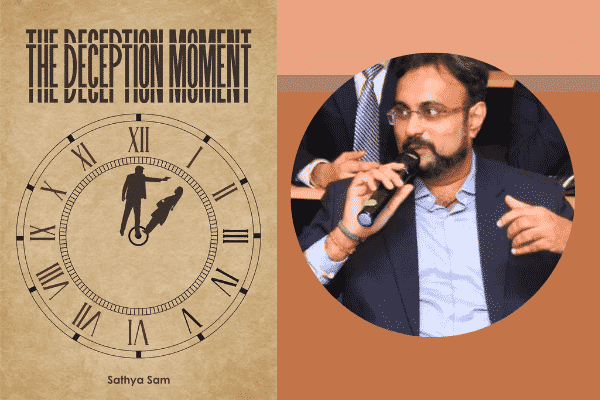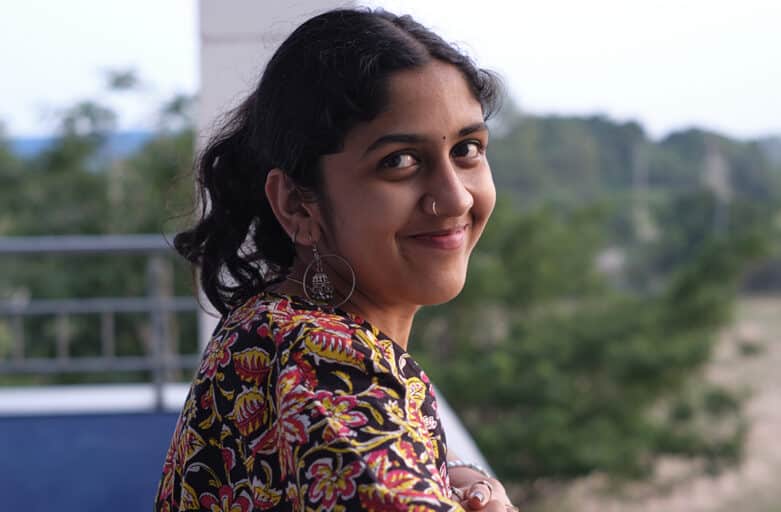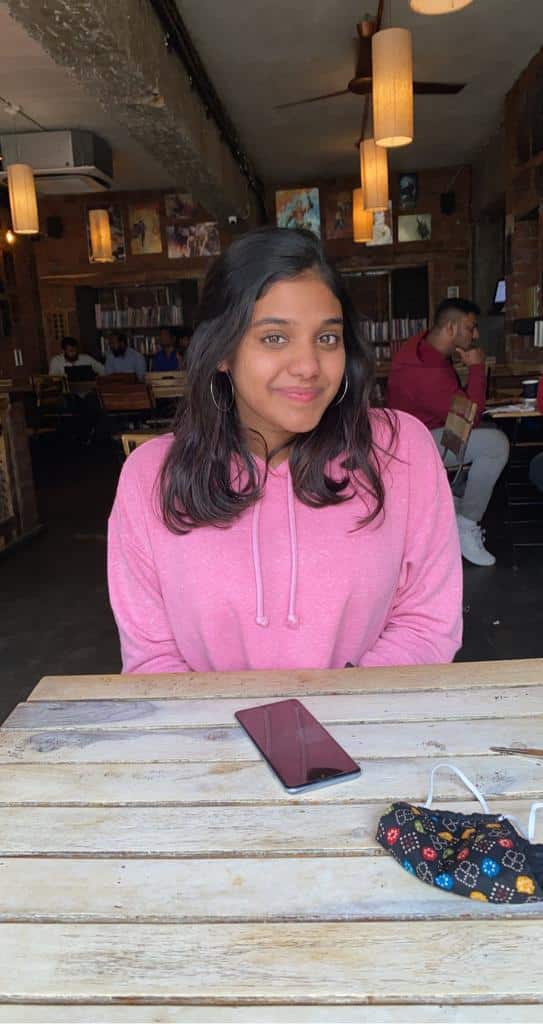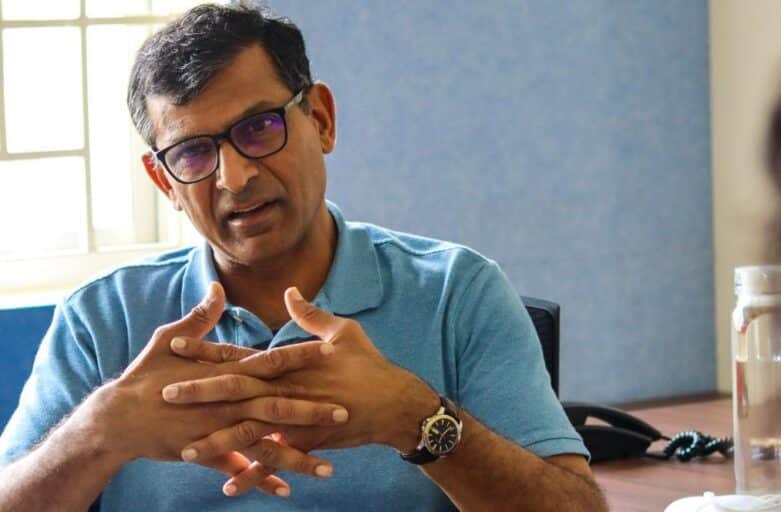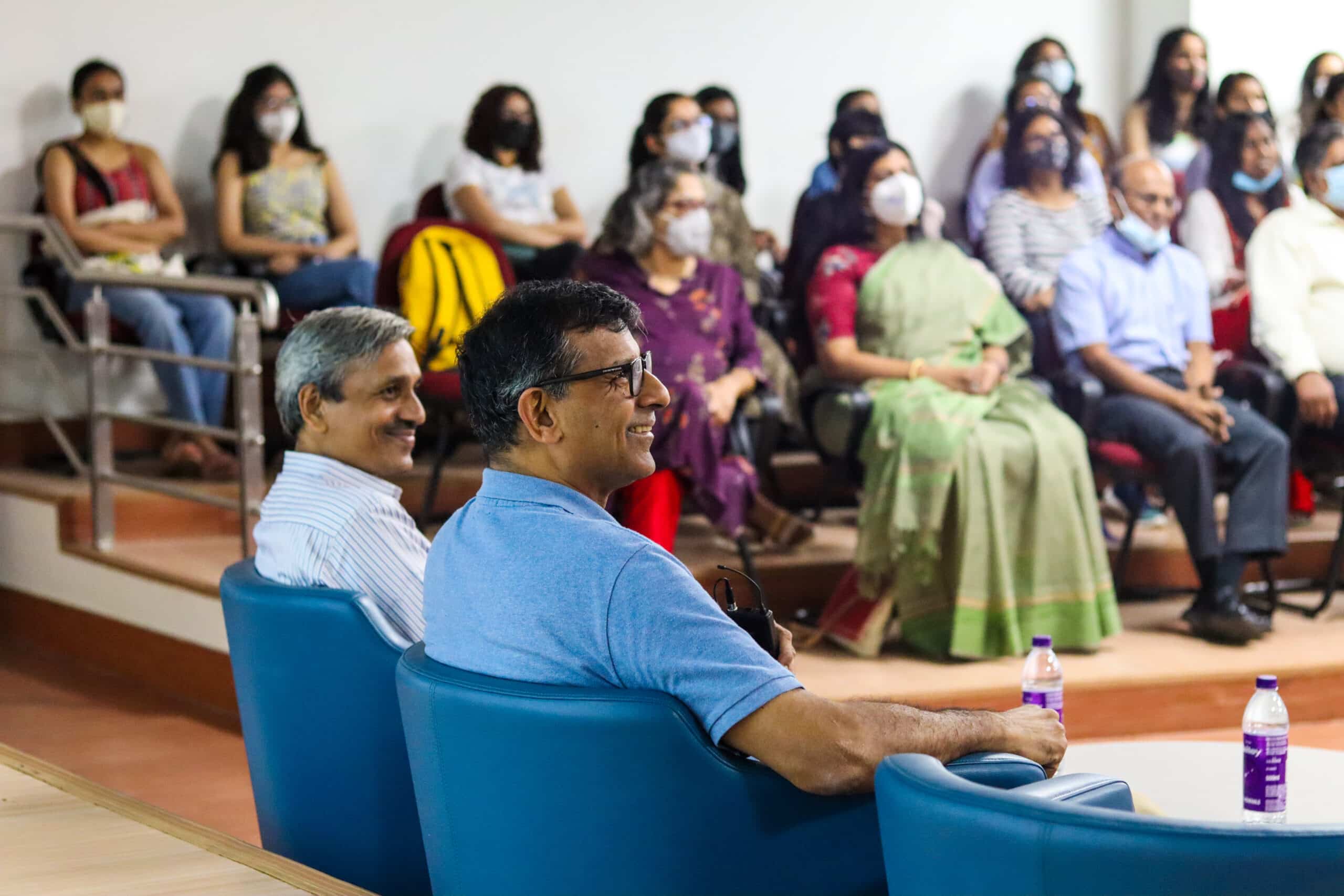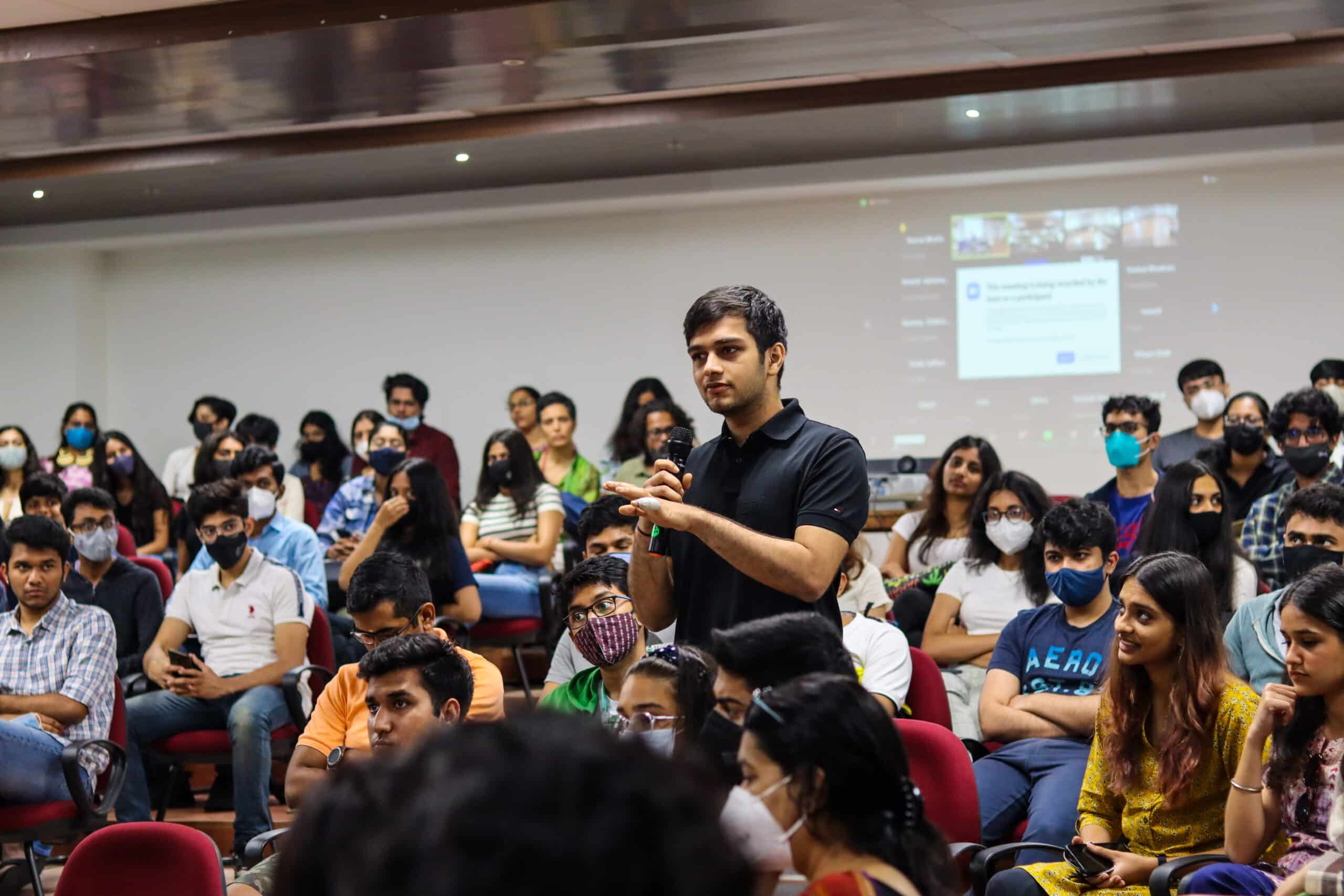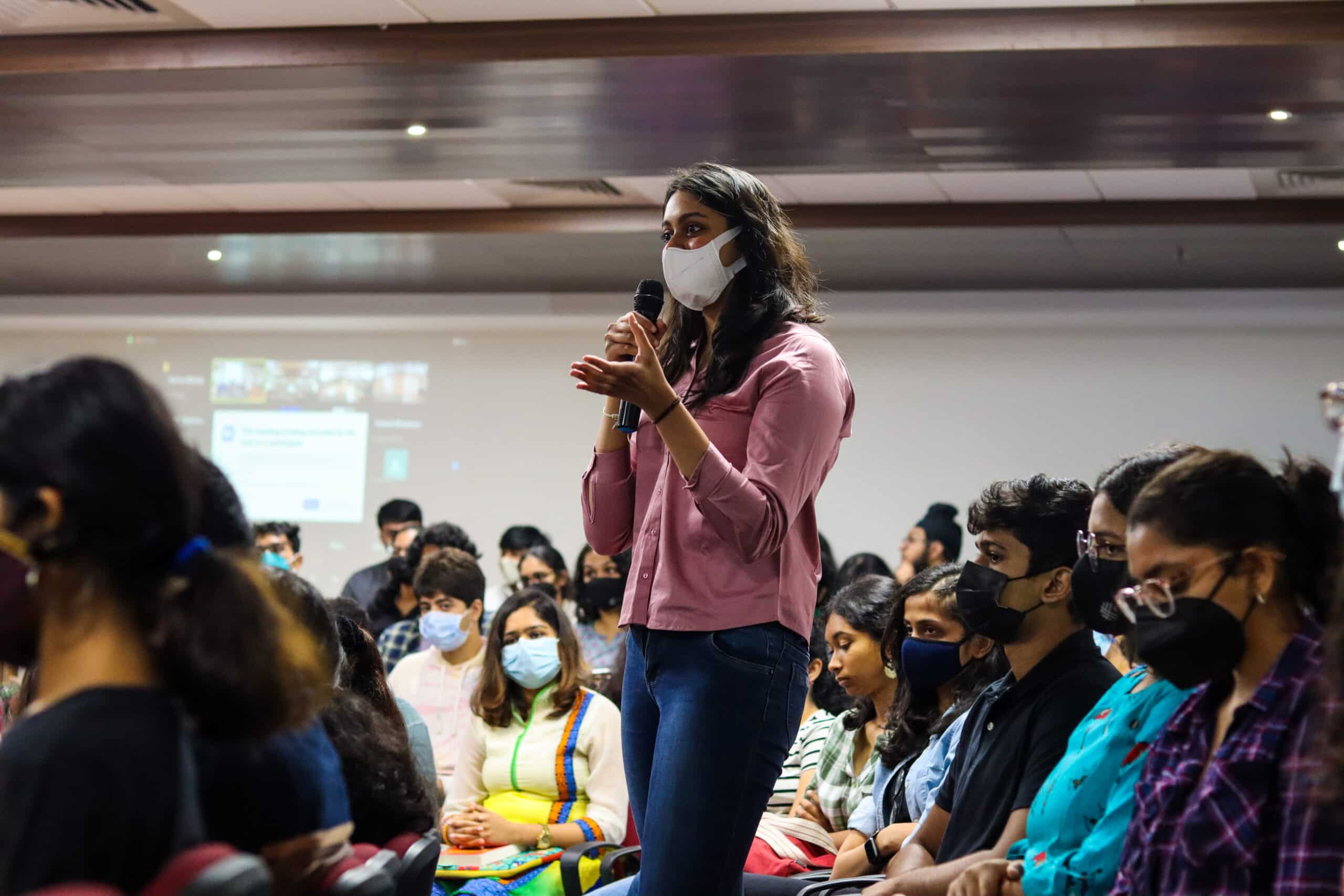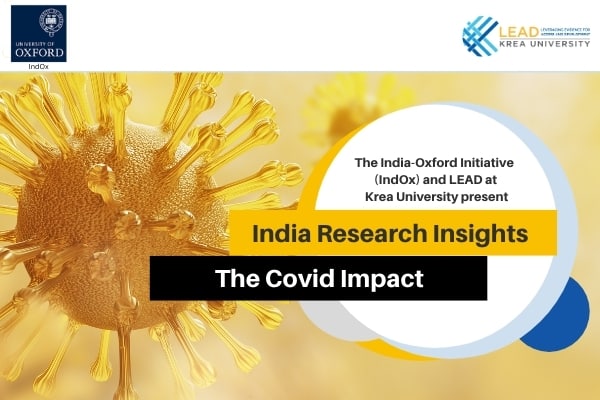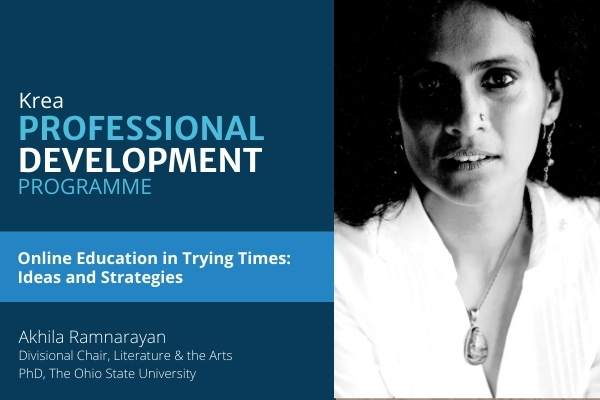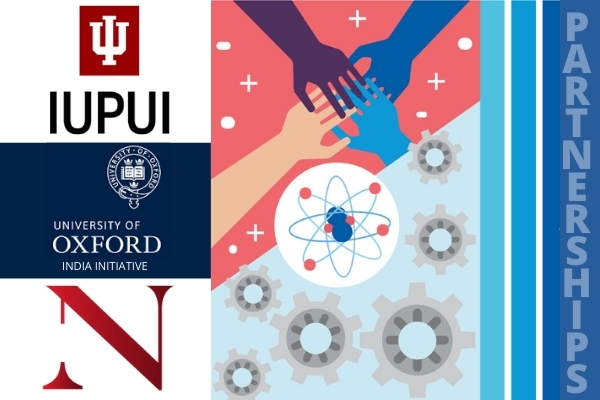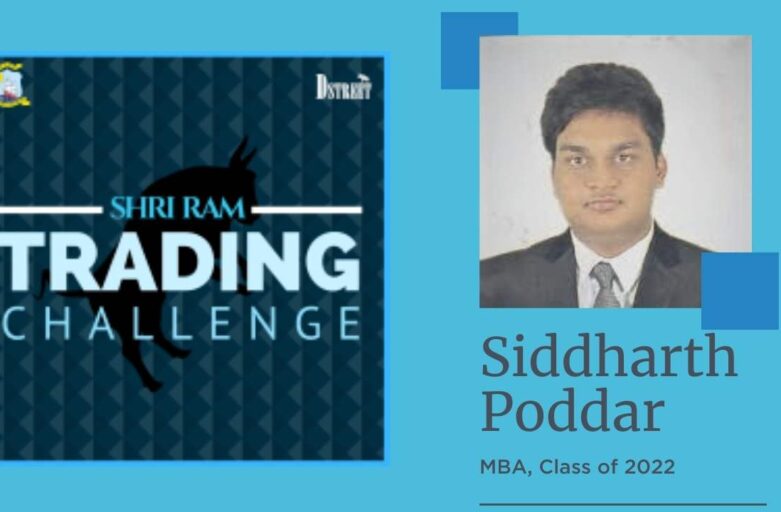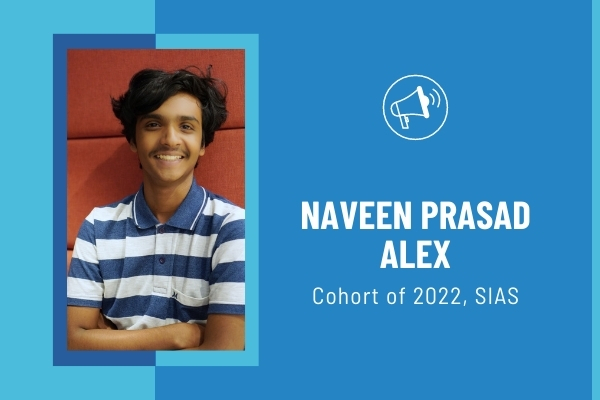The Deception Moment
Please tell us a little about the book and the genre?
“The Deception Moment” is a Sci-fi thriller. It is about a mission the protagonist Devavrat Deshpande, a Retired RaW officer, takes up knowing a minor slip in the assignment would lead him to execution. Concomitantly he was undergoing a personal depression which was rising above him from time to time. Would Devavrat be able to come out of the challenges and complete the assignment successfully? Is the bottom-line of the story.
Is it set in India?
Yes, it happens in Mumbai. But wait, you have a twist in that. You should be reading the book to know what I’m referring to.
We do not hear much about contemporary Indian science fiction, what’s the inspiration behind penning down this manuscript?
The biggest inspiration for me to pen down this book is our Indian epic ‘Mahabharata’. If we put away all the religious colours aside, Mahabharata talks beyond time for that age. All the latest scientific advancements these days like Surrogacy, Human farming, DNA manipulation and cloning or the atomic advancements were mentioned in Mahabharata. Being an ardent fan of the epic, I took all the inspiration from that.
When did you start working on the book and how does it feel now that the book is released?
I have been doing research since 2017 to write this book, as it involved a lot of scientific and logical explanation for many sequences in the story. But I started to write the book in the middle of 2019 and completed it by early 2020.
How has the experience been juggling the role at IFMR GSB and moonlighting as an author?
I wanted to be an author even before I became a professor. Writing was my childhood passion. I have been publishing stories, summaries and articles in magazines since my college and school days. Writing is something which I do during the relaxing time from the demanding job.
Are you working on another book at the moment or is it parked for the future?
Yes! The next book of mine is a political thriller. I have completed it and am looking out for the best publisher around.
Prof Sathya Saminadan is the Assistant Professor, Marketing at IFMR GSB. An educator and author, Prof Sathya is also an alum of IFMR GSB.
About Prof Sathya Saminadan R S
Post Completing MBA from IFMR, he garnered 19 rich years of work experience of which 10 years he was in the industry and 9 years in Academia. His initial career started with a Pharmaceutical Company as Sales representative and he later moved to aviation industry and later into banking sector.He has had a vibrant career growth, starting as a Sales Executive to Assistant Vice President. He has been a part of every marketing department which included Sales, Training, Digital Marketing and Product strategy. He was heading the branches in a bank, leading a holistic team of managers who were responsible for revenue and broadening the market.
During 2010 moved to Great Lakes Institute of Management as lecturer for marketing as move towards the passion of becoming a teacher. Prof Saminadan, Completed his PhD in Digital Marketing in alliance with search and purchase behaviour of the consumer from the University, SCSVMV – Kanchipuram. He is associated with more than a dozen colleges in Chennai and outer as a visiting professor and to name a few, IIT- Madras, LIBA and SRM.
He was awarded as the best teacher for the year 2016 by the International Business Conference committee, Goa for his contribution towards teaching and research in the area of Marketing. He has been a committee chair on many occasions for managing an event, conference, department and institution building exercises.
Prof Sathya Saminadan have also published several research papers and some them have been widely recognized among the research community Reach him at [email protected]
